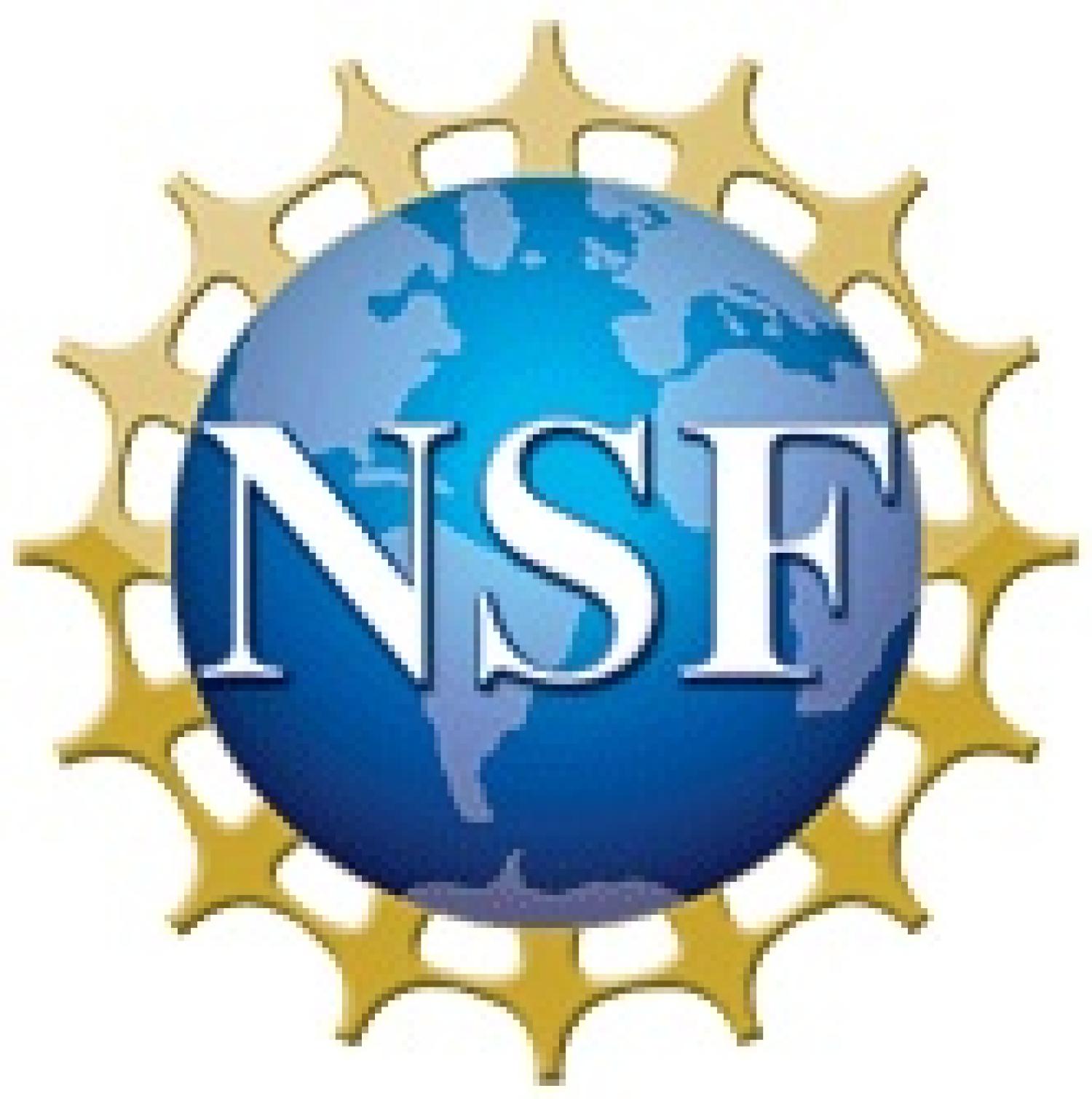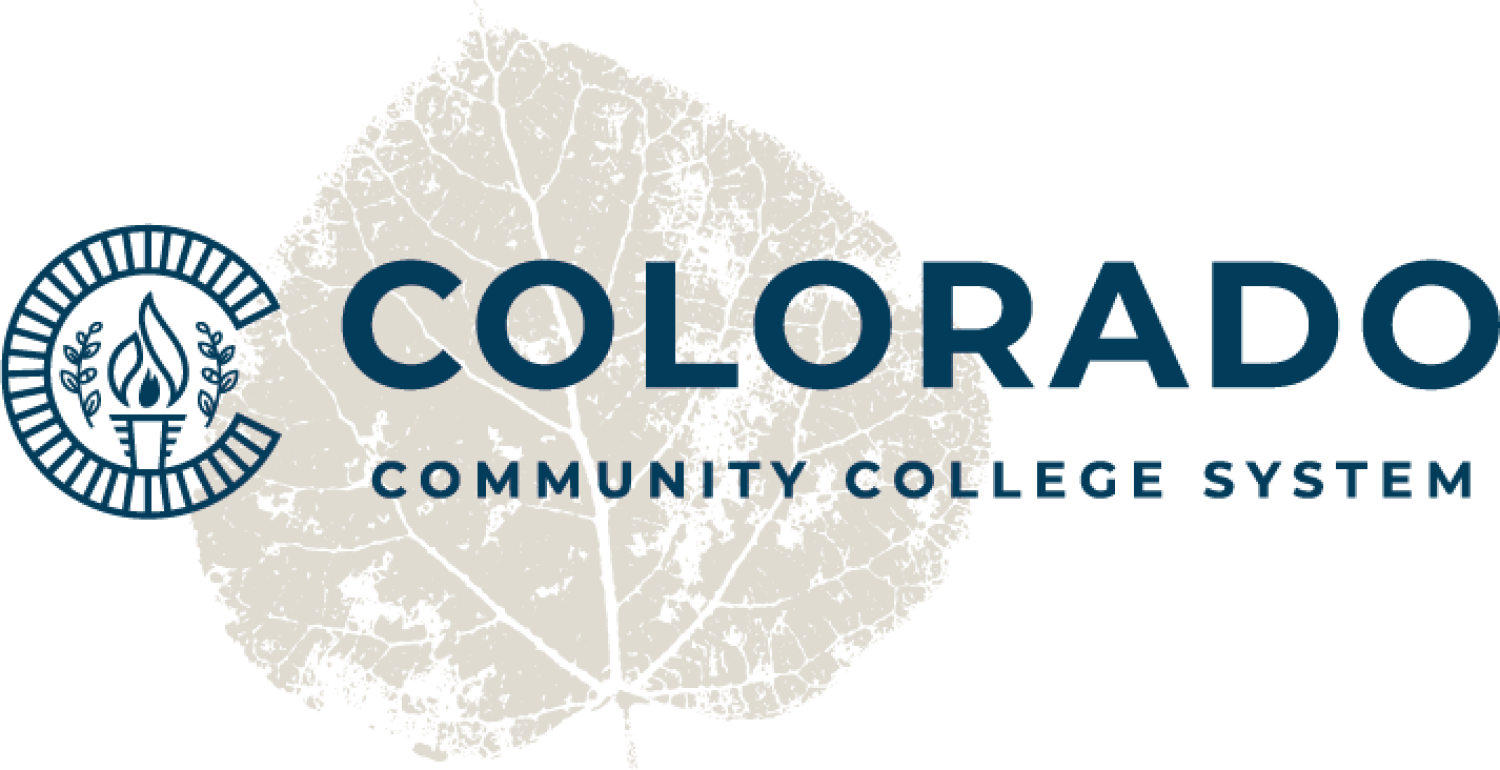Statistics and Data Science (B.A.) Academic Course Map
The Bachelor of Arts degree in Statistics and Data Science (STAT) offered by the Department of Applied Mathematics at CU Boulder is designed with an emphasis on inter- and cross-disciplinary training. Courses are designed to provide students with skills in both traditional statistical methods and cutting-edge data analysis techniques, and the degree requires an in-depth knowledge of either science, engineering, social science or liberal arts that uses statistics to solve important problems. This knowledge prepares graduates to successfully communicate and collaborate with practitioners in these fields. A capstone course in statistical collaboration provides the opportunity for students to synthesize their previous course work.
Skills acquired through a Statistics and Data Science Bachelor’s degree are in high demand in the current job market and prepare students for careers in areas such as, statistics, data analytics, data science, business, engineering, economics, public health, epidemiology, insurance, forestry, psychology, social justice and human rights. Students choose an area of emphasis/application outside of statistics and data science to acquire knowledge in a discipline-specific area, where statistical applications are prevalent. The Department of Applied Math offers a broad range of undergraduate research opportunities funded by a variety of federal agencies.
Admission Requirements
Students who begin at a Colorado Community College can transfer directly to CU Boulder to finish their degree in any of the programs offered by the College of Arts and Sciences. Please see the CU Boulder College of Arts & Sciences’ Colorado Community College webpage for more information detailed information admissions requirements for students transfering from a Colorado Community College.
Transfer Recommendations
To graduate in a 4-year time frame, it is important that students follow the recommended schedule. Students who wish to continue their education at the community college beyond the number of credits specified below should explore with both community college and CU Boulder staff how their graduation timeline, COF stipend, and financial aid will be affected.
Suggested Four-Year Course Plan for the Statistics and Data Science (STAT) major
This is a suggested guide of coursework only and is subject to change. Always consult your academic advisor for graduation planning purposes. Depending on a student’s situation, a different plan might be more applicable.
Students must be ready for Calculus 1 to use this guide.
Community College (first two years)
Fall Semester 1
| Course | Course Title | Credits |
|---|---|---|
| ENG 121/1021* | English Composition I (GT-CO1) | 3 |
MAT 201/2410 | Calculus I (GT-MA1) | 5 |
| Guaranteed Transfer Arts & Humanities Course (GT-AH1, GT-AH2, GT-AH3, GT-AH4) | 3 |
Guaranteed Transfer History Course (GT-HI1) | 3 | |
| Total Credits | 14 |
Spring Semester 1
| Course | Course Title | Credits |
|---|---|---|
| ENG 122/1022 | English Composition II (GT-CO2) | 3 |
MAT 202/2420 | Calculus II (GT-MA1) | 5 |
CSC 160/1060 | Computer Science I: C++ | 4 |
2nd Guaranteed Transfer Arts & Humanities course from a different area than the 1st. | 3 | |
| Total Credits | 15 |
Fall Semester 2
| Course | Course Title | Credits |
|---|---|---|
MAT 204/2431 | Calculus III with Engineering Applications | 5 |
| Guaranteed Transfer Natural & Physical Sciences Course (GT-SC1) (1st half of two course sequence) | 4-5 |
| Guaranteed Transfer Social & Behavioral Sciences course (GT-SS1, GT-SS2, GT-SS3) | 3 |
| Transfer Elective | 3 | |
| Total Credits | 15-16 |
Spring Semester 2
| Course | Course Title | Credits |
|---|---|---|
COM 115/1150 OR | Public Speaking OR | 3 |
| Guaranteed Transfer Natural & Physical Sciences course (GT-SC1) (2nd half of sequence) | 4-5 |
| Guaranteed Transfer Natural & Physical Sciences course (GT-SC1) | 4-5 |
| Guaranteed Transfer Social & Behavioral Sciences (GT-SS1, GT-SS2, GT-SS3) or History (GT -HI1) course | 3 | |
| Total Credits | 14-16 |
Total credits at community college: 60*
Completion of the four semesters of coursework above fulfills the requirements for an Associate of Science Degree at your community college, which fulfills the General Education requirements at CU Boulder.
CU Boulder (last two years)
Fall Semester 3
| Course | Course Title | Credits |
|---|---|---|
STAT 2600 | Intro to Data Science | 4 |
STAT 3100 | Applied Probability | 3 |
| 3 | |
Outside Area of Emphasis course | 3 | |
| Free elective | 2 | |
| Total Credits | 15 |
Spring Semester 3
| Course | Course Title | Credits |
|---|---|---|
APPM 3310 | Matrix Methods and Applications | 3 |
STAT 3400 | Applied Regression | 3 |
STAT 4520 | Intro to Mathematical Statistics | 3 |
Outside Area of Emphasis course | 3 | |
Outside Area of Emphasis course (upper division) | 3 | |
| Total Credits | 15 |
Fall Semester 4
| Course | Course Title | Credits |
|---|---|---|
| STAT 4400 | Advanced Statistical Modeling | 3 |
| STAT 4610 | Statistical Learning | 3 |
Upper-division STAT major elective | 3 | |
Upper-division STAT major elective | 3 | |
| Outside Area of Emphasis course (upper division) | 3 | |
| Total Credits | 15 |
Spring Semester 4
| Course | Course Title | Credits |
|---|---|---|
STAT 4680 | Statistical Collaboration | 3 |
APPM 4560 | Markov Process, Queues and Monte Carlo Situations | 3 |
STAT 4630 | Computational Bayesian Statistics | 3 |
| Upper-division STAT major elective | 3 | |
| Outside Area of Emphasis course (upper division) | 3 | |
| Total Credits | 15 |
Total credits at CU Boulder: 60
Completion of all eight semesters above fulfills the requirements for a Bachelor of Arts Degree with a major in Statistics and Data Science.
*For community college courses, the first course number is before summer 2022 and the second course number is in summer 2022 and after.
**One approved elective credit might be needed to reach 60 credits if all three of the GT-SC1 courses taken are just 4 credits each.
***Students must choose an outside area of emphasis to acquire knowledge in a discipline-specific area, where statistical applications are prevalent. Students will take at least 18 credits in one department or certificate program, at least 6 of which need to be upper division. Selection of the outside area and courses in that area is made in consultation with advisors and faculty. Non-Math gtPathways courses from the AS degree might count toward the outside area of emphasis and thus lower the number of courses in this category needed at CU Boulder.




